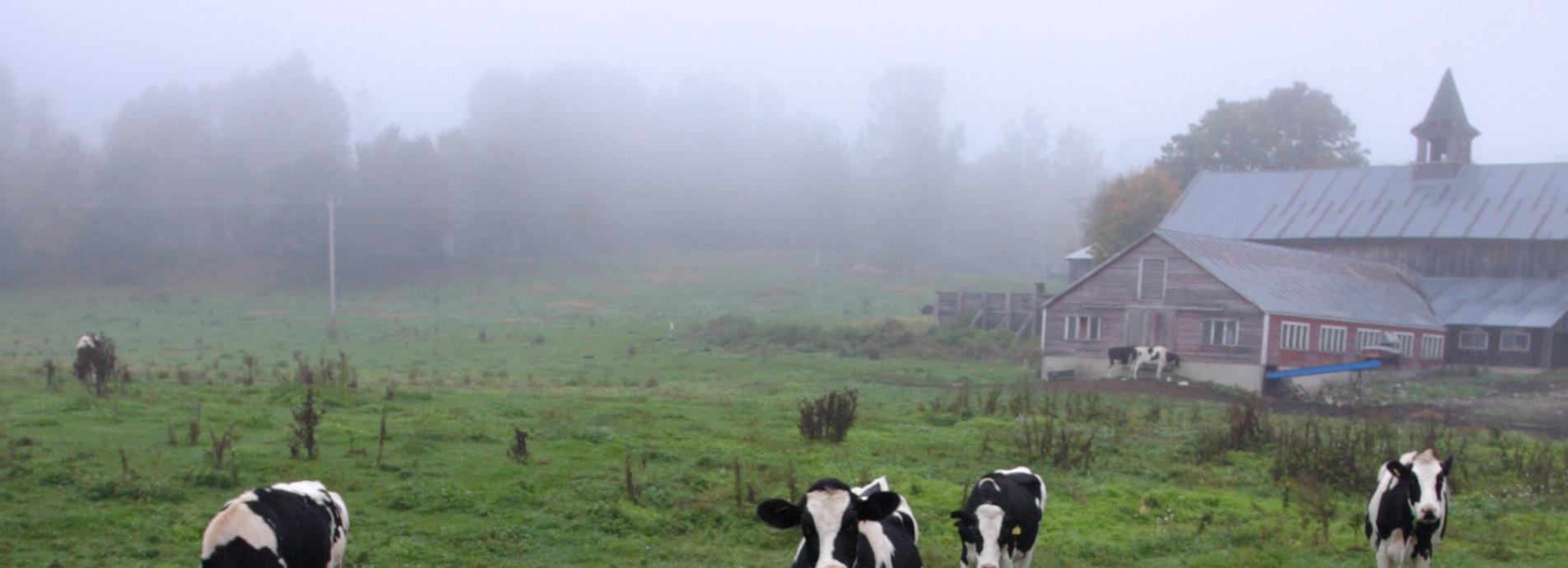On October 27th, organic farmers, consumers, environmentalists, representatives from large organic corporations, and others will be coming to Vermont to discuss organic farming and production practices at the Stoweflake Conference Center in Stowe. They are coming to attend the National Organic Standards Board (NOSB) meeting and will come prepared to make public comment to the board and to witness the discussions regarding which materials should be allowed for use by organic farmers and processors. The Organic Foods Production Act established the NOSB as an advisory committee for the National Organic Program (NOP) in 1990. Although there is disagreement in the industry as to how extensive the board’s authority is to determine organic farming and production practices, what is clear is that the NOSB has authority over the National List of materials that are allowed to be used by farmers and processors when growing, raising, or producing organic products. Twice a year the NOSB has a public meeting in different towns across the United States. The meeting is intentionally moved around in order to give producers in the region where the meeting is being hosted the opportunity to participate in this important event. Typically, NOSB meetings last 4 to 5 days and include presentations by NOP staff reporting on topics that include enforcement activities, new procedures, and work plan priorities. What attendees really come to hear is the 15-member board discussing agenda items and voting on recommendations and materials allowed for use on organic farms and in organic food. A large part of the meeting is comprised of comments from the public. Each individual signed up for public comment is given 5 minutes to address the board and the NOP staff also present at the meeting. In-person public comment is very effective in influencing the members of the committee and helping them understand the unique perspective of the speaker. There are many different opinions represented at this meeting. Often consumers and consumer groups are present asking the NOSB to keep the organic standards strict and meaningful. Experts are often called in to present on different materials and how they are used. Representatives from large corporations are there to present on why a material might be important for their organic processed product. One voice that is frequently missing is that of the small diversified farmer who may not have the means or time to attend the meeting. Therefore, his or her perspective is often not being given a first-hand account. This year’s meeting in Vermont provides a great opportunity to give voice to the concerns of small and diversified producers in our state. Curious about some of the topics that the NOSB is working on and whether they might affect your business? There are 200 materials up for review at this fall meeting. That is an unusually large amount of materials for the board to review and vote on. The NOSB will discuss each of these materials and their importance to organic producers. If they hear from the public that a material is no longer needed or shouldn’t be allowed in organic production, they may vote to remove it from the list of allowed materials. Whether you are a vegetable, livestock, dairy or food processor you are likely to find something in this list that you use on a regular basis. The following are examples of materials that will be voted on at this meeting: hydrogen peroxide, peracetic acid, newspaper without glossy or colored inks, plastic mulch, elemental sulfur, horticultural oils, pheromones, copper sulfate and fixed coppers, lime sulfur, soluble boron products, aspirin, atropine, butorphanol, chlorhexidine, electrolytes, fenbendazole, flunixin, ivermectin, moxidectin, oxytocin, vaccines, lidocaine, dairy cultures, diatomaceous earth, enzymes, flavors, kaolin, yeast, nutrient vitamins and minerals, casings, and more! In addition, there are topics worth mentioning to the committee despite the fact that they will not be on this meeting’s agenda. For example, it will be important for the committee to hear about whether organic vegetable farmers should be able to use biodegradable mulch, or why organic poultry producers should be required to give meaningful outdoor access year round, or why hydroponic production should not be allowed in organic certification. Approximately four weeks before each NOSB meeting, members of the public may submit written comments or sign up to deliver oral comments in person. Check the NOFA website for more information about how to sign up for comments or about the meeting in general. If you only have time to attend one day, a half day, or even just a few hours, it is worth attending to participate or to just witness this important process. In addition, for those producers or consumers willing to address the board, this is your opportunity to get your voice heard about topics important to the organic community. We hope to see you there!
Nourishing people, land, & justice through organic agriculture
LEARN MORE

